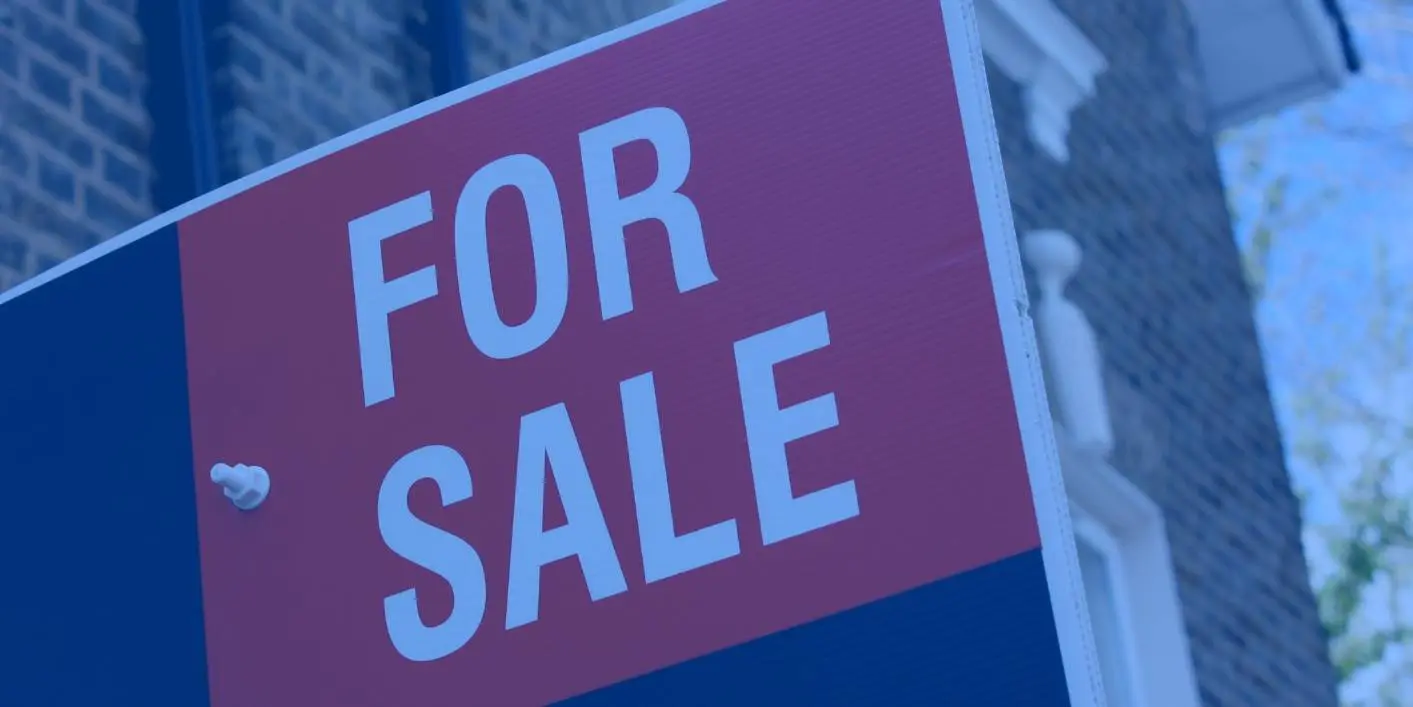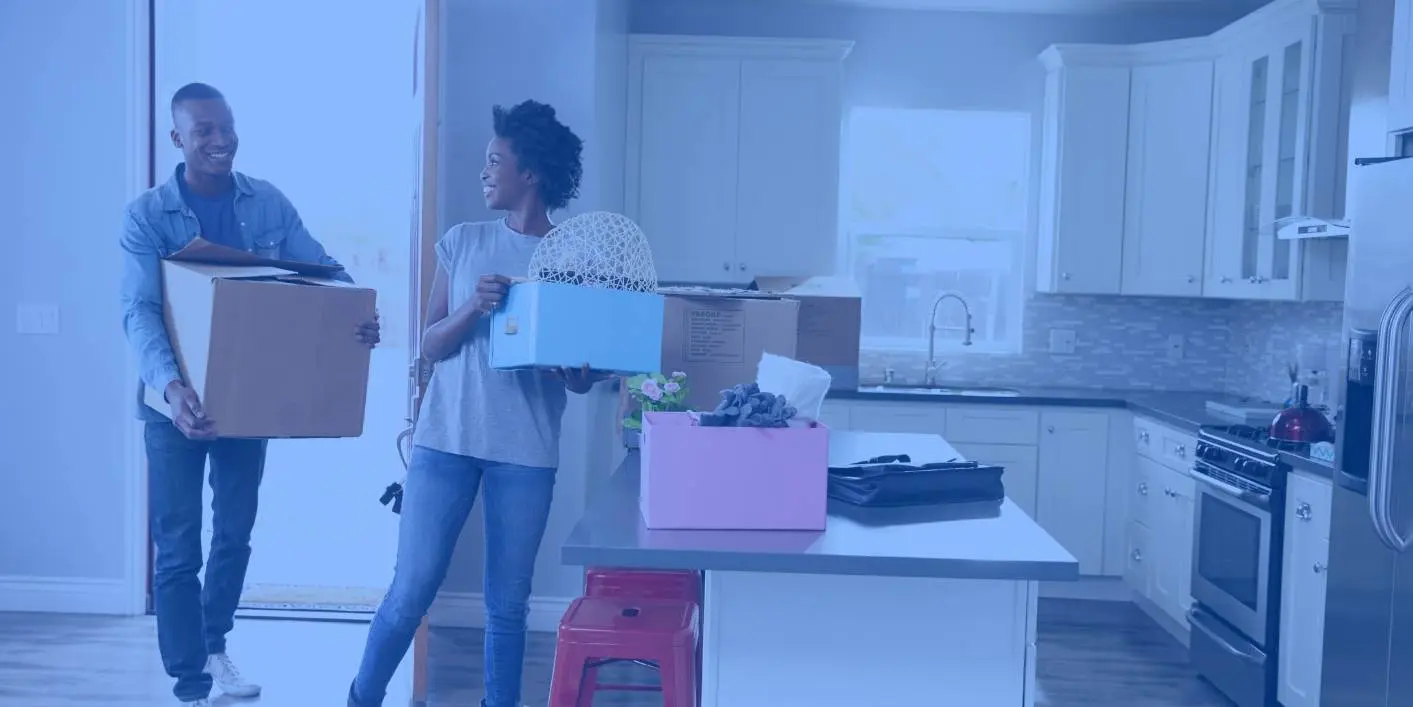What are the rules say about refurbishment and what does it actually mean? See the full guide about the subject here.
What does refurbishment of the tenancy mean?
A landlord cannot expect that you hand over the tenancy in a better condition than it was in when you took over. The condition of the tenancy is evident from the move-in report that was made when you moved in. You must refurbish the tenancy to the extent it requires. Refurbishment means that you maintain the condition of the tenancy. Refurbishing can for example be painting, decalcify drains, etc.
Who must carry out the refurbishing of the tenancy?
In the lease, it will state which party (tenant or landlord) is responsible for the refurbishing of the tenancy. In the lease, it is usually stated that the tenant is responsible for the maintenance interior of the tenancy. This entails whitewashing, painting, papering and lacquering of floors. The exterior maintenance entails anything else and is, typically, the landlord’s responsibility. You must be aware that you can be imposed further further maintenance duties in the lease’s § 11, however, this must have lead to your rent being reduced proportional.
You are responsible for maintaining the part part of the tenancy that you hold the maintenance duty for.
You may also like: What do I do if I can’t get hold of my landlord?
Pro tip
The maintenance duty depends on the lease. If you study the lease closely, you will usually find the answer regarding what you are liable for and what you are not liable for.
What does the Rent Act say about refurbishment?
According to the Rent Act, the landlord must maintain the property and the tenancy. The landlord is obligated to maintain everything belonging to the tenancy, including light, gas, water, heating as well as cleaning of outdoor/common areas. Note that the Rent Act’s rules about the maintenance duties can be deviated in the lease, where you can be imposed the maintenance duties for parts of the rented.
Continuous refurbishment of the tenancy
It is an advantage that the refurbishment is done continuously, so that the tenancy does not end up in a very bad condition and you end up with a major bill when you move out. It cannot be expected that you paint the tenancy every year or even paint the tenancy at all while you live there (this depends on how long you have lived in the tenancy). If you have not maintained the tenancy, while you lived there, you will be liable for the refurbishing when moving out if it is needed to hand over the tenancy in the same condition, as when you took over.
You may also like: Is my landlord allowed to keep a key to my apartment?
Why should you get help from DIGURA?
Every month, we help thousands of tenants both via our membership solution and our case processing. When we process the cases, we achieve a positive result for the tenants in 98% of the cases. We are here to help you who are potentially being deceived by your landlord, and you who actually want to keep the money you are entitled to.
- Free assessment of case
- Risk free and no hassle
- No Cure No Pay
The landlord is not maintaining the tenancy - get your rent reduced
If the landlord does not comply with their maintenance duty, the first step is to contact your landlord and inform him/her that you want the rented property maintained. If your landlord does not do anything about it, the next step is to contact the rent assessment committee. The rent assessment committee will, typically, give the landlord a deadline to correct the shortcomings. If the landlord ignores this, the rent assessment committee will often determine that you must be compensated in the form of reduced rent until the shortcomings have been corrected.
Refurbishment when moving out
When you move out, you typically go through the tenancy with your landlord, whereafter a final report will be made. You are responsible for refurbishing the parts of the tenancy that you are responsible for that is in a worse condition than when you took over the tenancy. The refurbishment is, however, done on the landlors arrangement. The landlord can, therefore, hire professional workers to carry out the refurbishment of the tenancy. If you are able to refurbish the tenancy yourself before the final inspection, it is recommended that you do so, as this will be cheaper in some cases. The only requirement is that it has been craftsman justifiable.
You may also like: Can my landlord demand that I move out 14 days before termination?
Pro tip
There is a difference between how the deposit is settles when it concerns common housing associations and regular landlords. In certain common housing associations, they take over the maintenance duty.
To what extent can the landlord expect the tenancy to be refurbished
The tenant must hand over the tenancy in the same condition as when the tenant took over. The extent of the refurbishment that the landlord can expect when moving out depends on the condition of the tenancy when the tenant moved in. Furthermore, it depends on the extent of the maintenance duty that the tenant has. It is a rule of thumb that the shorter period of time you have lived there, the less you will typically have to refurbish if you have treated the rented properly.
Example: You have lived in the tenancy for 10 months, and the tenancy was newly painted when you moved in. Since the rental period was short enough for the tenancy to still appear as newly painted, you do not have to paint when you move out. If you have marked the walls, smoked inside or in any other way treated the tenancy worse than normal, the underlying basis can change. After a concrete assessment, this can lead to you becoming liable for painting the tenancy in order to live up your maintenance duty.
What does the refurbishment cost?
If you have not refurbished the tenancy before you move out or your landlord does find the refurbishing adequate, the refurbishing will happen on the landlord’s request. typically, the landlord will call in professional workers. It can therefore become an expensive business. A good rule of thumb is that the bigger the tenancy is, the more expensive the refurbishment will become. Sanding of the floors and painting are usually worked out per square metre, and their time spent will also be higher.
Sometimes, the landlord claims too much money for the refurbishment, and the refurbishment expenses that the tenant is liable for have been reduces by the rent assessment committee and/or the courts. The landlord cannot just accept the most expensive offer on the market. If you think that the refurbishment expenses seem unreasonably high, it is a good idea to check the market for painting services yourself to see if it corresponds to your landlord’s bill.
You may also like: How long does a case at the Danish Rent Committee take?
Does the refurbishment affect the deposit?
The deposit is the landlord’s guarantee when the tenant moves out, so that the landlord does not have to lay out the money for the refurbishment expenses. The landlord uses your deposit to cover these expenses. When the landlord has settled the expenses, the landlord will pay back the excess deposit. If the expenses exceeds the deposit, you will not get your deposit back. Instead, you will receive a bill for the remaining part of the expenses that your deposit did not cover.
How and when do I get my deposit back?
The landlord can hold onto your deposit until the landlord has figured out how much the refurbishment costs. If you live in a common tenancy, there are a few deadlines that have been determined according to case law. As a rule, the landlord must have completed the move out within 4-6 weeks, and if you have exceeding deposit this must be paid out to you.
Get legal advice and avoid being deceived
This topic can be very complicated as a tenant. The above is to be seen as a general guidance and not as downright legal advice. We always recommend that you contact us to ensure that you get the proper necessary legal advice that is relevant for your specific case.
You can get help with this topic but also any other matters you may have. Unfortunately, we see many tenants that are being deceived. Often, they miss out on a lot of money – anything from a couple thousands to 30-40,000 kroner. Imagine what else you could spend the money on.
Let us help you
At DIGURA we are always available and easy to reach, you have your own legal advisor, and best of all you only pay if we win your case. Therefore, it is risk free for you to get help from us.
We have achieved a positive result for tenants in 98% of all the cases that we have processed. We have a 9,3 score on Trustpilot, 5 star rating on Facebook, and we have helped more than 1000 tenants. We really want to help you too.
If you are unsure about anything in the article, our team is ready to help in the chat. You can find the chat in the bottom right corner.
If you need legal advice, you can get your case assessed below. It is free and our competent legal team will make a non-committal assessment of your case.











